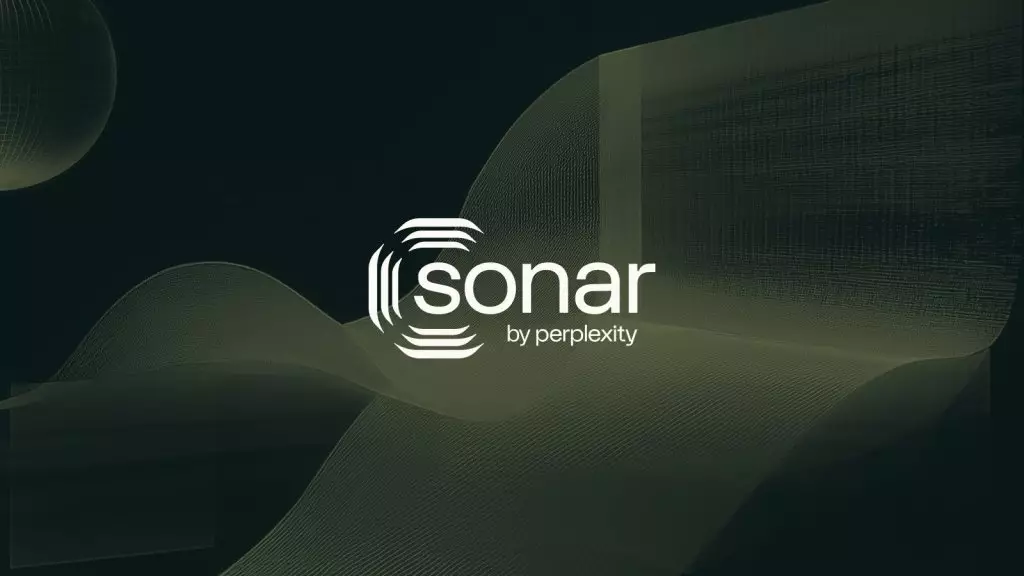In a bold move to penetrate the enterprise AI search sector, Perplexity has introduced Sonar—an innovative API service poised to redefine industry benchmarks. By outperforming well-established players like Google, OpenAI, and Anthropic on various critical metrics, Sonar presents itself as a formidable alternative. Priced competitively, it marks a significant turning point within the evolving AI landscape, particularly given that Perplexity’s valuation has surged to $9 billion. This strategic entry highlights Perplexity’s commitment to establishing itself within a market increasingly focused on efficient and reliable AI search tools.
Simplified Pricing Strategies and Targeting Diverse Markets
Perplexity’s multifaceted approach toward its market presence includes the introduction of two service tiers: the standard Sonar and the more advanced Sonar Pro. This dual-tier strategy aims to appeal to a broad spectrum of clients, from startups seeking cost-effective solutions to larger enterprises in need of advanced features. The base tier of Sonar charges a nominal fee of $5 for every 1,000 searches—with additional minor token fees—making it an attractive option for organizations looking to leverage AI without incurring hefty costs. Conversely, for enterprises needing enhanced capabilities, Sonar Pro showcases features like greater citation density and support for multi-search complex queries, catering to businesses with sophisticated AI requirements.
Integration with Essential Tools and Real-Time Capabilities
Zoom’s integration of Sonar into its AI Companion 2.0 represents a significant endorsement and indicates potential impacts on remote work dynamics. This functionality empowers users to access real-time information seamlessly during video conferences, streamlining research processes and enhancing productivity. Unlike many competitors whose offerings rely heavily on pre-existing training data, Sonar’s real-time web connection distinguishes it as an invaluable tool for businesses demanding current, reliable information. However, this feature raises questions about its applicability in contexts that necessitate consistent output, suggesting a nuanced landscape in which Sonar operates.
Recent benchmarks reveal Sonar Pro achieving an 85.8 F-score on the SimpleQA test, surpassing notable competitors such as GPT-4o and Claude. This performance underscores Perplexity’s positioning to take advantage of the growing need for precise, citation-based AI responses within the enterprise sector. As companies increasingly seek AI integration, Perplexity appears well-poised to meet this demand, particularly amidst a pivotal moment in the industry, characterized by a pronounced shift towards verifying information authenticity.
Despite its initial success and robust market entry, Perplexity faces the formidable challenge of sustaining its competitive advantage. The $500 million funding led by Institutional Venture Partners amplifies its growth potential but also highlights the reality of a dynamic market where larger players are likely to recalibrate their strategies in response to Sonar’s emergence. As technical decision-makers weigh their AI toolkit options, the efficacy and value of Sonar in practical applications will ultimately dictate its adoption. The potential for disruption is significant, but the ensuing competition may shape the trajectory of both Perplexity and the broader AI search domain.


Leave a Reply